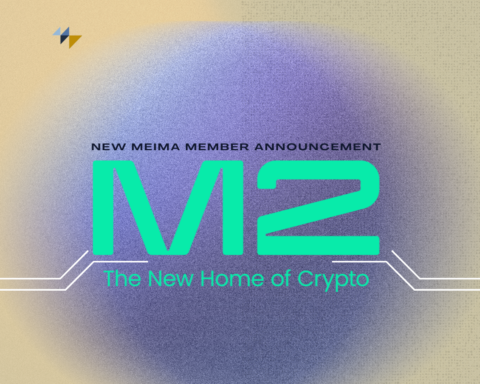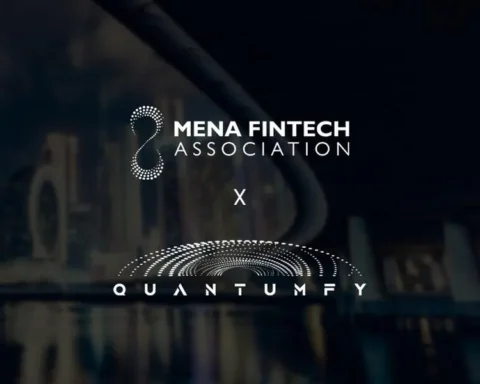The impact of blockchain technology on various sectors of the global economy is unquestionably profound. Among the many industries it is disrupting, wealth management is one that stands out. Blockchain technology, by offering increased transparency, speed, and security, is gradually changing the ways wealth management functions. This article explores how blockchain technology is reshaping wealth management.
Blockchain Technology and Wealth Management
The wealth management industry primarily operates on trust. Clients put their wealth in the hands of managers, trusting them to make decisions that will increase their assets. Blockchain technology enhances this trust by providing a transparent, immutable ledger of transactions, which can significantly reduce the possibility of fraud and misconduct. This ledger is also publicly accessible, enabling clients to track their investments in real time.
Reduced Costs
One of the most substantial impacts of blockchain technology on wealth management is the potential for cost reduction. Traditional wealth management processes can be time-consuming and expensive, often requiring intermediaries and substantial paperwork. Blockchain technology can streamline these processes by providing smart contracts, thereby reducing the need for intermediaries and making transactions faster, cheaper, and more efficient.
Improved Accessibility and Inclusion
Blockchain technology also has the potential to democratize wealth management. Traditionally, wealth management services were only accessible to high-net-worth individuals. However, blockchain platforms can enable smaller investors to access these services by providing more affordable and efficient investment opportunities. This democratization of wealth management could result in a more inclusive financial sector.
Increased Security
Security is a critical concern in wealth management. Blockchain technology, with its encryption and decentralization, offers enhanced security that could help protect client assets. The immutable nature of the blockchain also means that once a transaction is recorded, it cannot be changed, further securing the transaction history.
Challenges and the Future
Despite its many benefits, the adoption of blockchain technology in wealth management is not without challenges. Regulatory uncertainties, scalability issues, and the need for technological infrastructure are significant hurdles. Additionally, the complexity of blockchain technology can also be a barrier to its adoption.
However, as the technology matures and these challenges are addressed, it’s anticipated that blockchain technology will play an increasingly significant role in wealth management. It offers a unique combination of transparency, efficiency, and security that could redefine the wealth management industry’s future. In a rapidly changing financial landscape, wealth managers will need to stay ahead of these technological advancements to meet their clients’ evolving needs and expectations.













